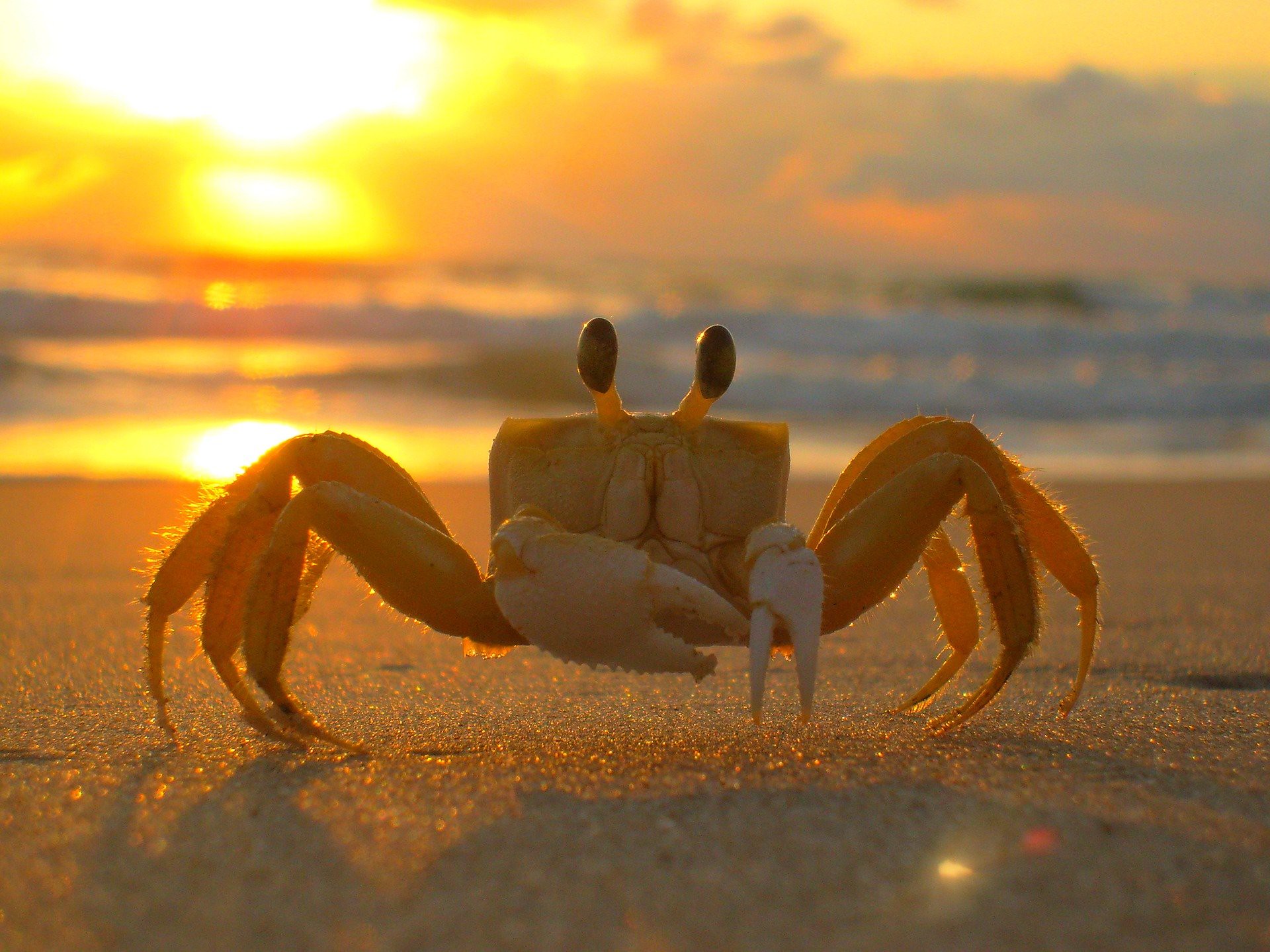An amendment to the UK Animal Welfare (Sentience) Bill would mean restaurants and fishmongers could be banned from boiling crabs alive or sending live lobsters through the post.
Peers put forward amendments to the UK Animal Welfare (Sentience) Bill to recognise that crabs and lobsters can feel pain.
New legal protections
Recognising animal sentience in UK law has been on the agenda for many years, as previously reported by News OnTheWight.
If the amendments to the ‘Sentience Bill’ are voted through, it could see these animals given new legal protections.
Only applies to “vertebrate” animals
The Animal Sentience Bill replaces EU legislation which legally recognised that animals can feel pain and experience emotions.
It was introduced by the government on 11th May 2021 as part of a raft of animal welfare reforms, but currently only applies to “vertebrate” animals – animals with a backbone.
Maisie Tomlinson of Crustacean Compassion, said,
“We hope the House of Lords votes to accept this amendment at the earliest opportunity. Decapod crustaceans are Britain’s forgotten animals, widely recognised as sentient but subject to brutal treatment in the food industry.
“The government made a manifesto commitment to promote high standards of animal welfare, and prides itself on being led by the science.
“It cannot decide which animals are sentient based on political convenience, and if the independent review of decapod and cephalopod sentience is so critical to the Lords’ decision-making, we urge them not to delay its release any further.”
Decapod crustaceans can feel pain
Crustacean Compassion, whose supporters include Chris Packham, Bill Bailey, the RSPCA and the British Veterinary Association, argue that the Bill does not go far enough.
They say that scientific evidence shows that decapod crustaceans, a group which includes crabs and lobsters, can feel pain and suffer and should be included in animal welfare legislation.
The amendment also requests that cephalopods, which includes octopus and squid, are also protected by the Bill.
Electrical stunning before slaughter more humane
Decapod crustaceans are frequently boiled and/or dismembered alive, and research shows that a brown crab may take up to three minutes to die in boiling water.
Electrical stunning before slaughter, they argue, is currently the most humane method of dispatching the animals.
Last year, a fishmonger came under fire for using Amazon to deliver live lobsters through the ordinary post, and a London supermarket was criticised in 2015 for selling crabs shrink-wrapped whilst still alive.
Information provided by Crustacean Compassion. Ed





